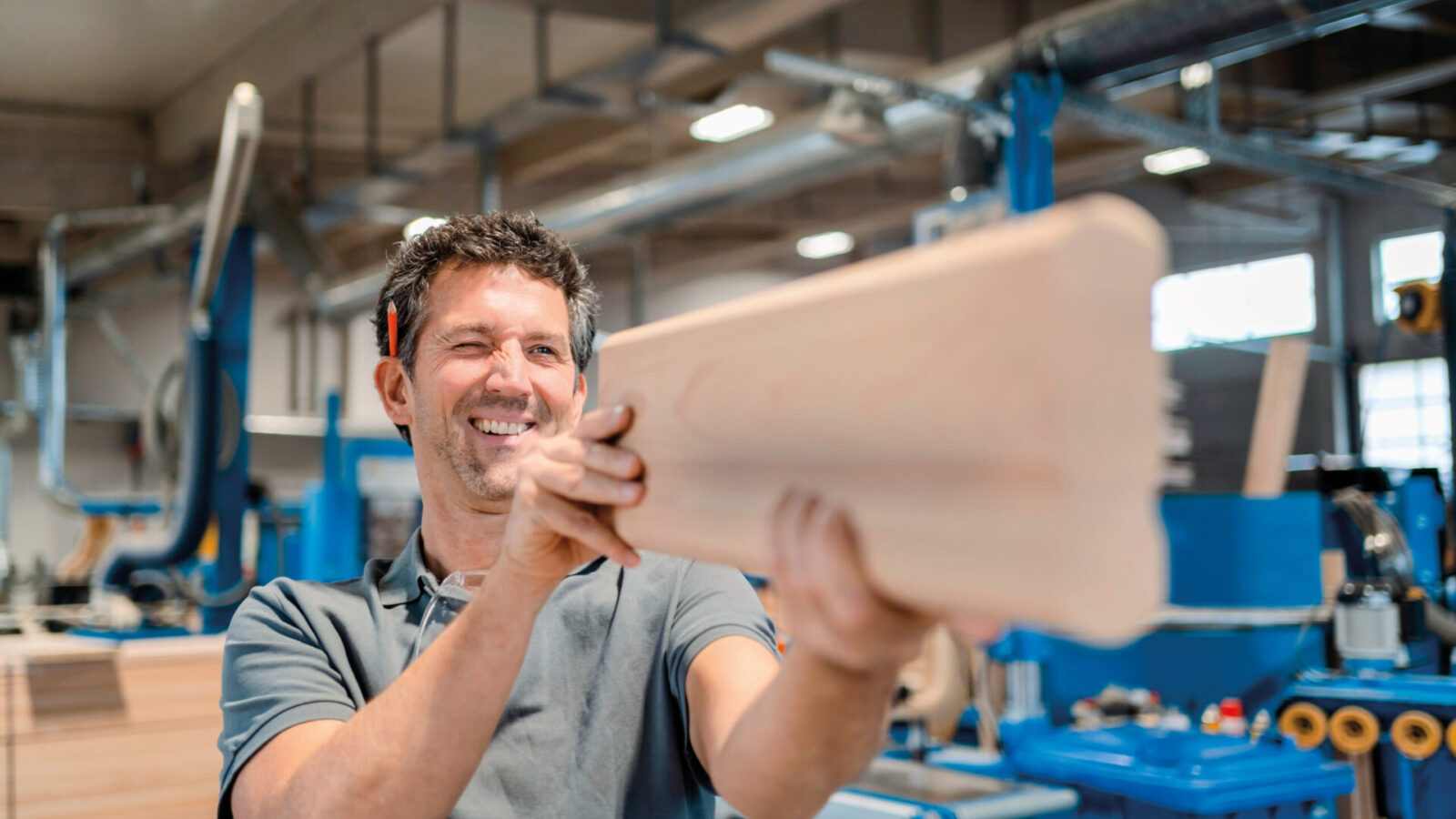L’éco-participation bâtiment finance le recyclage
Avec l’entrée en application de la réglementation sur le recyclage des produits et matériaux de construction du bâtiment (REP PMCB), les metteurs sur le marché doivent s’acquitter d’une éco-participation pour le recyclage de leurs produits en fin de vie. Qu’est-ce que l’éco-participation ? Comment ça marche ? Qu’est-ce que ça finance ? Réponses.
L’éco-participation bâtiment, comment ça marche ?
L’éco-participation bâtiment est reversée par les metteurs sur le marché (fabricants, importateurs, marques de distributeurs) aux éco-organismes. Le principe est simple : vous collectez l’éco-participation sur les produits neufs vendus et vous déclarez chaque trimestre le montant collecté à votre éco-organisme sur la base de votre chiffre d’affaires réel. Pour ce faire, il vous suffit de vous connecter à votre compte adhérent sur votre espace-services.
Que finance l’éco-participation bâtiment ?
Les sommes versées financent le réemploi, les contenants et la collecte, le transport, le recyclage et la valorisation des déchets ainsi que les dépenses de recherche et développement et d’incitation à l’éco-conception. En somme, l’éco-participation finance toute la chaîne de la filière de recyclage.
Par exemple, pour les produits d’ameublement, 1€ d’éco-participation se répartit ainsi :
- 75 centimes pour le tri et le recyclage
- 18 centimes pour les partenaires de l’économie sociale et solidaire, les collectivités locales et les distributeurs pour la reprise
- 3 centimes pour l’innovation et R&D
- 4 centimes pour les frais de fonctionnement
Comment est élaboré le barème pour les produits du bâtiment ?
Le montant est variable d’un produit à l’autre, car il dépend du coût de la collecte et du recyclage. Un coût qui varie selon le type de produits ou de matériaux, sa composition, sa recyclabilité ou encore ses caractéristiques.
Voici quelques exemples (prix HT) :
- plâtre : 0,03 € à 0,12 € /m2, en fonction de la composition et de l’épaisseur
- parquet stratifié : 0,08 € /m2
- fenêtre : 0,20 € à 0,60 € / unité, selon la taille
- escalier : 0,80 € / unité
- évier céramique : 0,09 € ou 0,15 €, selon la taille (largeur)
La grille tarifaire complète est accessible en ligne.
L’éco-participation pour encourager l’économie circulaire
Ecomaison a pour ambition d’appliquer à ses tarifs une éco-modulation par des bonus et des réductions pour inciter à l’éco-conception. C’est ce que propose avec succès Ecomaison sur la filière de l’ameublement, avec un barème éco-modulé qui a pour double effet : inciter à l’innovation et accompagner les industriels dans une démarche d’économie circulaire vertueuse. D’ores et déjà, plusieurs fabricants de meubles et/ou d’éléments d’ameublement ont intégré dans leur production l’incorporation de matières recyclées. Un nouveau modèle est en train d’émerger et le secteur du bâtiment pourra en bénéficier grâce à Ecomaison.
